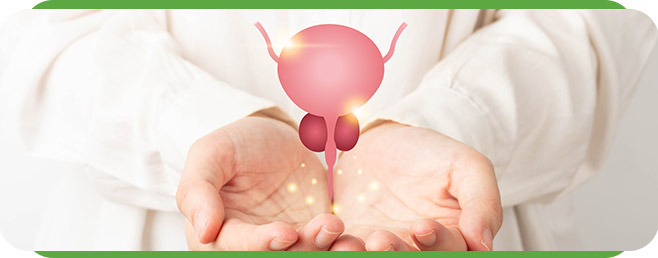Pediatric Bedwetting Treatment Doctor Q&A
For many children, bedwetting represents a temporary delay in the maturation and development of control over the bladder and its nerves and muscles responsible for holding urine overnight. While most children achieve full toilet training by around age 5, bedwetting may persist for some between the ages of 5 and 7. Pediatric bedwetting treatment is available at Koala® Center for Sleep & TMJ Disorders. For more information, please contact us or book an appointment online. We are conveniently located in Bloomington IL, Peoria/Dunlap IL, El Paso TX, and Wausau WI. Visit us online today for directions to our leading healthcare clinics.


Table of Contents:
Is bedwetting a developmental delay?
At what age should a child have stopped wetting the bed by?
What is the most effective treatment for bedwetting?
What disease is associated with bedwetting?
Developmental delay refers to lagging behind in reaching certain developmental milestones appropriate for a child’s age. Children experiencing developmental delay typically take more time to achieve these milestones compared to their peers.
One such milestone involves gaining control over their bladder and the ability to recognize when it’s full, a skill that many children typically acquire by the age of 5.
Bedwetting, extending beyond the age of 5, is a common occurrence among school-age children and even some adolescents. While it isn’t considered a severe health issue, bedwetting can be a distressing experience for both children and their parents. Bedwetting is generally not attributed to behavioral problems, although it may coincide with emotional stress or insecurity. Instead, bedwetting tends to be a consequence of a developmental delay in the standard process of attaining nighttime bladder control.
The connection between bedwetting and developmental delay is notable, as developmental delay can substantially affect a child’s bedwetting patterns, potentially prolonging them.
Although bedwetting itself is not considered a serious condition, it can serve as an indicator for parents and pediatricians, hinting at potential delays in the development of the central nervous system.
This association underscores the importance of addressing both bedwetting and any underlying developmental concerns, through consultation with the specialists at Koala® Center for Sleep & TMJ Disorders, as they are interconnected in certain cases.
Bedwetting is typically considered a normal part of a child’s development and often resolves spontaneously over time. Nevertheless, if a child continues to wet the bed beyond a certain age, it is customary for parents to consider seeking further evaluation, as it signifies an important developmental milestone.
For many children, bedwetting represents a temporary delay in the maturation and development of control over the bladder and its nerves and muscles responsible for holding urine overnight.
While most children achieve full toilet training by around age 5, bedwetting may persist for some between the ages of 5 and 7. Beyond the age of 7, a small percentage of children may still experience bedwetting. It is at this juncture that parents and healthcare providers typically explore potential underlying factors or issues contributing to continued bedwetting.
The most effective treatment for bedwetting will be determined in large part by its underlying cause. The specialists at Koala® Center for Sleep & TMJ Disorders will work with parents and children to determine the best option to address their bedwetting concerns.
Sometimes lifestyle adjustments make for a prudent first step including limiting liquid consumption just before bed and making sure they empty their bladder right before going to bed. Medicine may be prescribed for a short period of time in some cases to limit bed wetting.
Sometimes bedwetting accompanies another sleep disorder such as sleep apnea in which case, treatment of the condition may help resolve the bedwetting issue. Sleep apnea may be treated at Koala® Center for Sleep & TMJ Disorders with oral appliance therapy and other interventions as necessary.
Bedwetting can be associated with a number of diseases, with both sleep disorders and bladder conditions potentially impacting a child’s ability to hold their bladder. Sleep disorders such as sleep apnea can affect bladder control.
Constipation can result in undue pressure on the bladder leading to nighttime accidents. Infections in the urinary tract can also increase the likelihood of bedwetting.
Structural abnormalities and issues within the urinary system can be responsible for poor bladder control as well. While it often isn’t a serious issue, prolonged bedwetting can be an embarrassing problem for children. For this reason, it can be avoided through the identification and treatment of the underlying cause.

Additional Services You May Need
▸ KoalaKIDZzz®
▸ Sleep Apnea
▸ Snoring
▸ TMJ Disorder
▸ Fatigue
▸ Sleep Disorders
▸ Weight Loss
▸ CPAP Alternative
▸ Oral Appliances




